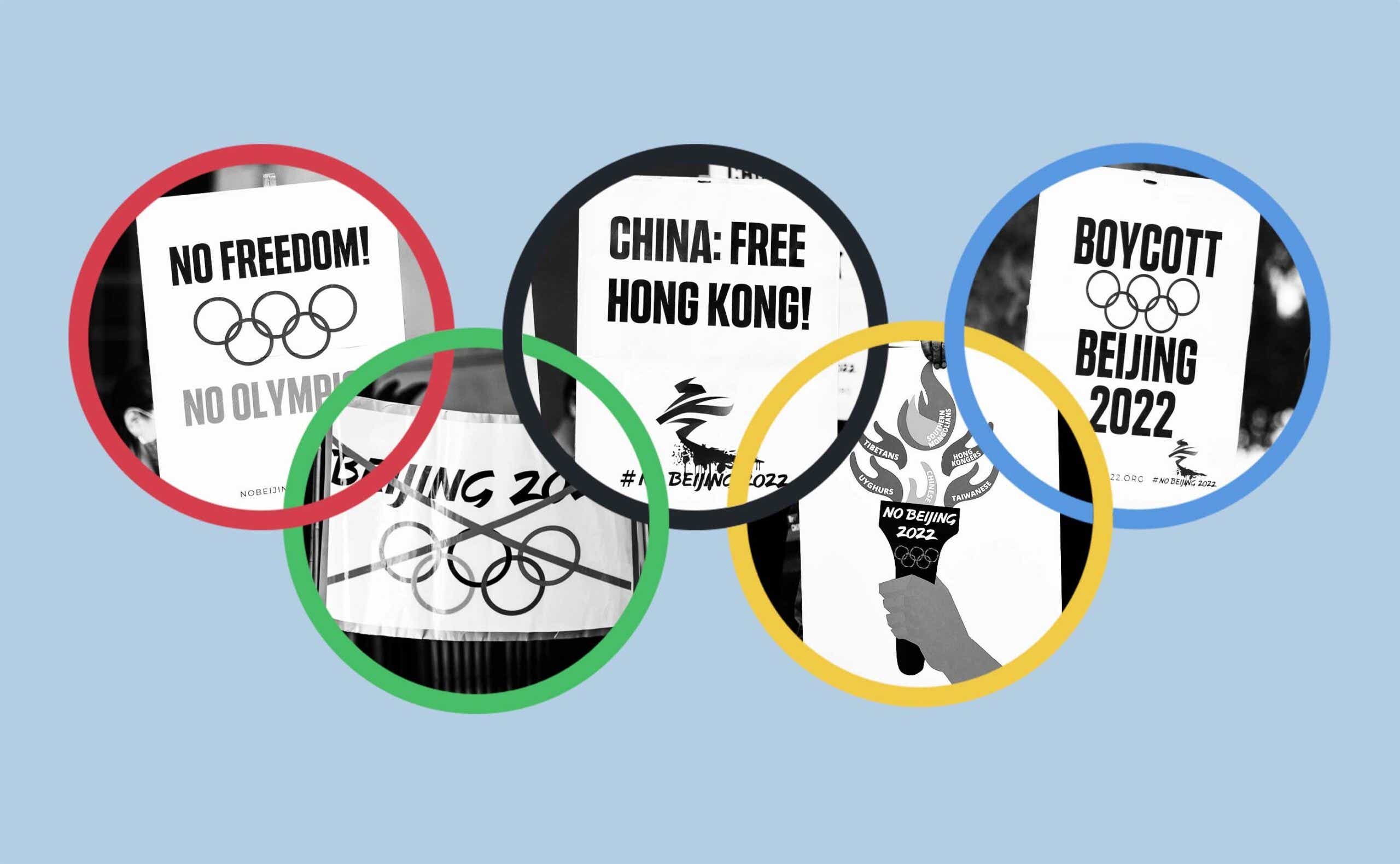The U.S. will stage a diplomatic boycott of the 2022 Winter Olympics in Beijing in protest of human rights abuses, the White House announced Monday. We’ve got the latest on the decision and a look at how China has responded.
What’s behind the boycott?
It’s meant to “send a clear message” to the Chinese government about the “egregious human rights abuses and atrocities” the country’s leadership has committed against Muslim minorities in Xinjiang, White House press secretary Jen Psaki said.
Earlier this year, the U.S. declared that China’s wide-scale repression of the Uyghur community — who’ve been forced into internment camps and subjected to forced sterilization, among other abuses — amounted to genocide. Lawmakers and activists have for months called on the White House to use the Winter Olympics as a way to hold China accountable, not only for its actions in Xinjiang but also for its suppression of free speech in Hong Kong and, recently, its treatment of Chinese tennis star Peng Shuai.
New Jersey Sen. Bob Menendez said the move was a “powerful rebuke of the Chinese Communist Party’s campaign of genocide.”
Will other countries join the U.S.?
Other European nations are under pressure to join the boycott, but so far the U.S. stands alone. Secretary of State Anthony Blinken told the New York Times last month that the U.S. is still in talks with its allies about participating in the Winter Games.
Will Team USA still compete?
Yes. The White House didn’t want to punish American athletes, who have been “giving up a lot of blood, sweat, and tears preparing for these Olympics,” Psaki said. But the U.S. delegation of officials and diplomats typically present at the Games wouldn’t be “contributing to fanfare” in 2022.
The U.S. hasn’t fully boycotted an Olympics since 1980, when it pulled out of competing at the Moscow Olympics to protest the Soviet invasion of Afghanistan.
How has China responded?
Before the boycott was announced, a spokesperson for the Chinese Foreign Ministry said the move would be an “outright political provocation,” and accused U.S. politicians of politicizing the issue.
Said the spokesperson, “Without being invited, American politicians keep hyping the so-called diplomatic boycott of the Beijing Winter Olympics, which is purely wishful thinking and grandstanding.”
He added that China would take “firm countermeasures,” but didn’t specify how they would retaliate.









